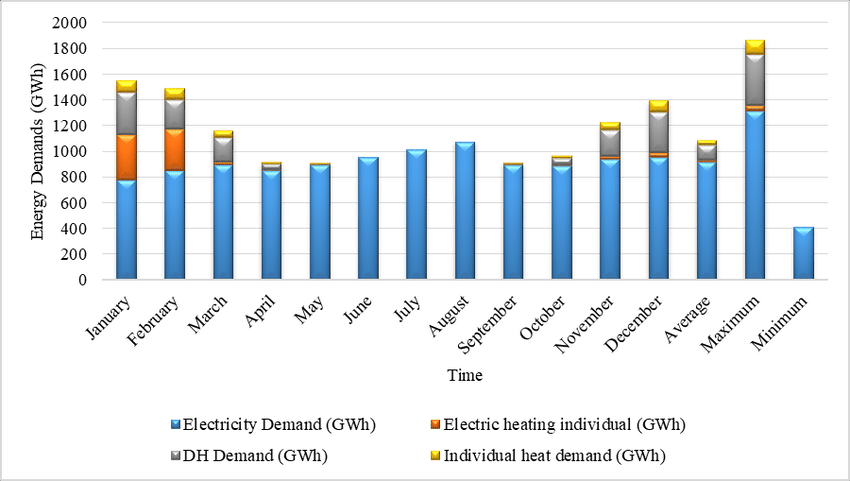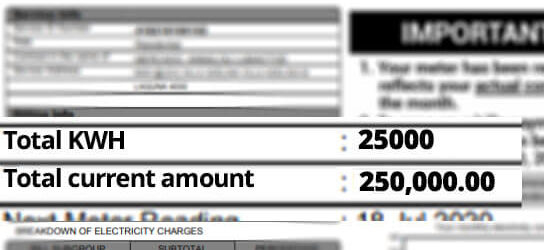We are now dealing with an unprecedented global health crisis, the economic shock waves have undulated through the renewable energy sector, warning to hinder its growth.
For the past two decades, renewable energies such as wind and solar PV have undergone dramatic growth. It creates a whole new global industry, which helps avoid large amounts of greenhouse gas emissions despite the high deployment of renewables to meet its climate goals and other long-term sustainable energy solutions. But the crisis caused by the coronavirus (COVID-19) could considerably obstruct their momentum if the government won’t do any action.
The falling costs and strong policy support for the renewables make it more attractive and competitive in many economies. But the challenges it’s facing right now from the coronavirus crisis disrupts its supply chain that causes delays in the completion of projects, unable to get the benefit from government incentives, and
the decrease in investment due to the demand on public and private budgets connected with uncertainty over future electricity demand.
With this, governments should address these challenges to determine the pace of deployment of renewables soon.
What can policymakers do to promote sustainable growth of renewables?
Aside from fossil fuels, renewables also play an essential role in the global economy today, powering almost 30% of global electricity use.
They lessen greenhouse emission, air pollution, and provide energy security. Renewable energy solutions is also the source of new investment and innovation for clean energy transitions where the costs of producing electricity from hydropower, wind, and solar PV are now comparable to the newly built fossil-fuel alternatives.
With the unprecedented economical impact of the coronavirus crisis, there is a possibility that the growth of renewables this year may delay for the first time in history. Nevertheless, governments can change this trajectory with targeted strategies and policies that can help renewables to grow sustainably in the coming years.
Due to the pandemic, the government is focused on addressing the substantial public health challenges created by the coronavirus pandemic and taking precautionary measures to prevent a general financial crisis. Also, they are urgently addressing the rapid spread of economic difficulties affecting households and businesses. Despite the government continuously fixing the economic damage and driving renewed activity in the week and months ahead, several actions can achieve these goals while also helping the deployment of renewable energy.
The policymakers can lengthen deadlines for approving projects beyond 2020 to account for delays due to supply chain disruptions or labor constraints.
The governments can include specific financing measures and incentives for renewable projects in upcoming stimulus packages.
The short-term policy responses on renewables should align with a new medium- and long-term concepts that strive to achieve an accelerated peak in greenhouse gas emissions this decade and an abrupt decline after that. Renewables and energy efficiency will play the principal roles in promoting clean energy transitions, but they need a sustained and comprehensible long-term policy vision.
The coronavirus pandemic poses a threat to the timely deployment of renewables and their essential contribution to clean energy transitions. However, governments can facilitate these technologies to develop from the crisis with recovered momentum and play a vital role in the global economic recovery.
The long-term energy outlook due to Coronavirus Pandemic
The coronavirus crisis is affecting an extensive range of energy markets – including gas, coal and renewables.
Most of the country’s economy now is on some level of lockdown, with citizens and businesses affected by the pandemic. No one knows quite how long these preventive measures could be in place. In the meantime, the abrupt downturn in economic activity has plunged most of the countries around the world. The near-immediate recession already has had a tense impact on electricity use, with potentially significant consequences for long-term decarbonization purposes, the broader green economy and the
Lower electricity demand means cheaper electricity prices, with competition greater amid abundant generation. As a result, all energy generators — including gas plants — are set to take a hit to revenues in 2020.
Due to the strong confinement measures in most economies in response to the coronavirus, the electricity demand has declined in various other ways:
With most shops, factories and offices closed or under severe restrictions, and we expect the electrical demand is lesser than the regular working days. With many people working from home and schools shut has caused the typical morning electricity “peak” to flatten out.
Decreasing carbon emissions- An overall drop in energy demand should be a proportionate decrease in emissions, mainly as people use less petrol, diesel and aviation fuel. The reduction of air flights and car travel is expected to lower carbon emissions in April significantly. Less electrical demand also indicates coal and some gas power plants can be turned down, and a higher proportion of demand can be met with low-carbon generation. Therefore we expect a decrease in grid carbon intensity. But, this is dependent on the weather – if there’s no wind or sun, fossil fuel generation is needed to meet demand.
The strict measures to control the spread of the coronavirus are already having significant effects on our energy systems.
Sources:
https://www.greenbiz.com/article/coronavirus-falling-power-demand-impacting-clean-energy
https://www.researchgate.net/figure/Energy-demand-for-the-year-2020_fig1_331846203
https://www.forbes.com/sites/jamesconca/2020/03/31/the-coronavirus-pandemic-and-the-long-term-energy-outlook/#6b0ba75c7d39
See also:
Renewable Energy Implementation Support
Renewable Energy Maintenance Support
Biogas Energy Solutions
Renewable Energy Services
Renewable Energy Solutions



